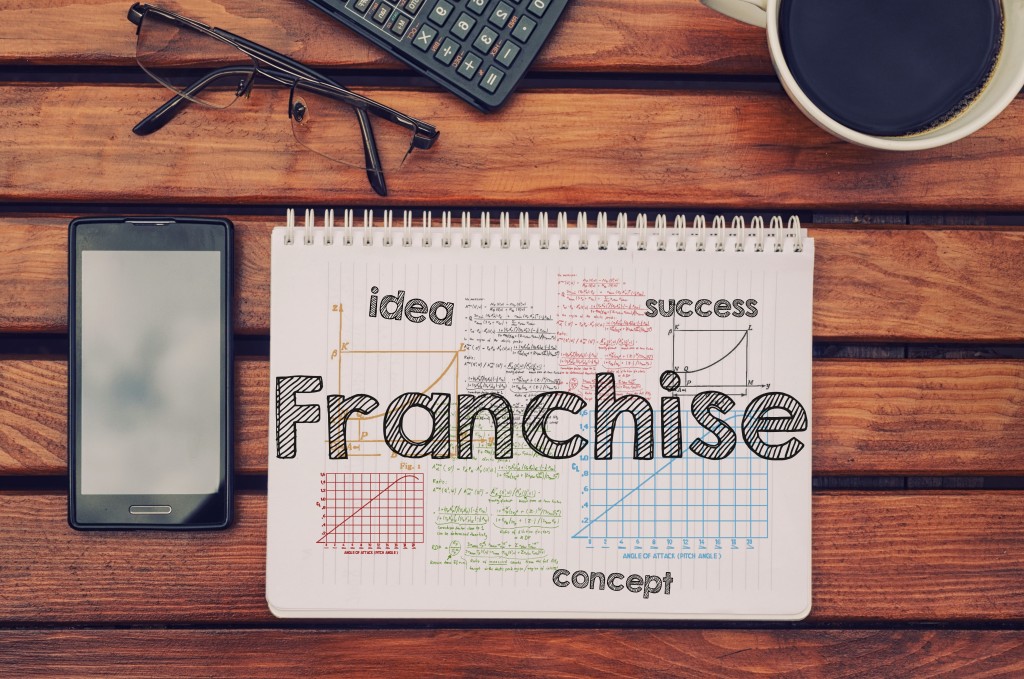There are nearly 760,000 franchise businesses in America. Home cleaning services, retail food, hardware stores, or mobile phone repair services are just some of the franchises available in the market today. It’s a great time to become an entrepreneur and to invest. The opportunity is there for the taking. You need to make a decisive move.
But with the range of possibilities, you’re overwhelmed, and several questions are running through your mind, like will the lawn care startup costs be the same as a home cleaning service? How do I know which franchise is for me?
An Overview of Franchising in America
Famous food brands are still showing the way in franchising led by McDonald’s.
While it might be expensive, getting a franchise allows you to “skip” all the hassles of starting your business, including developing a product, establishing support for customers, or structuring your price. In a franchise, everything is handed to you, from the supplies to the training manual, to the financial system.
The downside is, it’s very costly. For example, you’ll need close to $960,000 to start operating a McDonald’s branch. Smaller franchising companies in a different industry will get you started running your business with maybe $250,000 or less.
Filtering Business Opportunities

They can all help you make money if done the right way at the right location and with proper management. You’ll also need to be aware of the existing economic condition and consumer behavior. So consider the following things before diving into a franchise business:
- Inner reflection. Don’t quit your job yet if you haven’t done a complete deliberation about what owning a franchise means to you. It’s not a one or two-nights type of reflection, so you’ve made a decision. You need to ask yourself serious questions and answer them as honestly as you can. What’s your expectation about a franchise business? Will this be your primary source of income? Share your thoughts with trusted people. A different perspective can offer clarity and can push you towards making the right decision.
- Understand the market. Several sandwich franchises opened in the last six months in your city and neighboring cities. Is it still going to be the same for the next six months and next year? You need to understand the market first and what it wants before deciding which franchise it is that you like. Remember, it’s not what franchise you like, but rather the product that the market will respond to.
- Your financial position. Experts suggest that the money that you should prepare should be at least twice the amount that you will pay the franchisor. So, if the franchisor is asking for $150,000, have at least $300,000 in your bank account before signing an agreement. The additional amount is your buffer to get you going as part of your capital and to fund your cash flow. Remember, you would have to pay business registration and licensing fees. That will come from the extra amount you set aside. Figure this out at the very beginning to avoid disappointment.
- Vet your franchisor. Scrutinize every detail of the franchisor’s business and the contract agreement, including their philosophy and their vision. What’s their character like? Can you see yourself forging a long-term relationship with them?
This list is, by far, not comprehensive. You also need to understand your strengths. But these key points should be a good start before you make a final decision.

